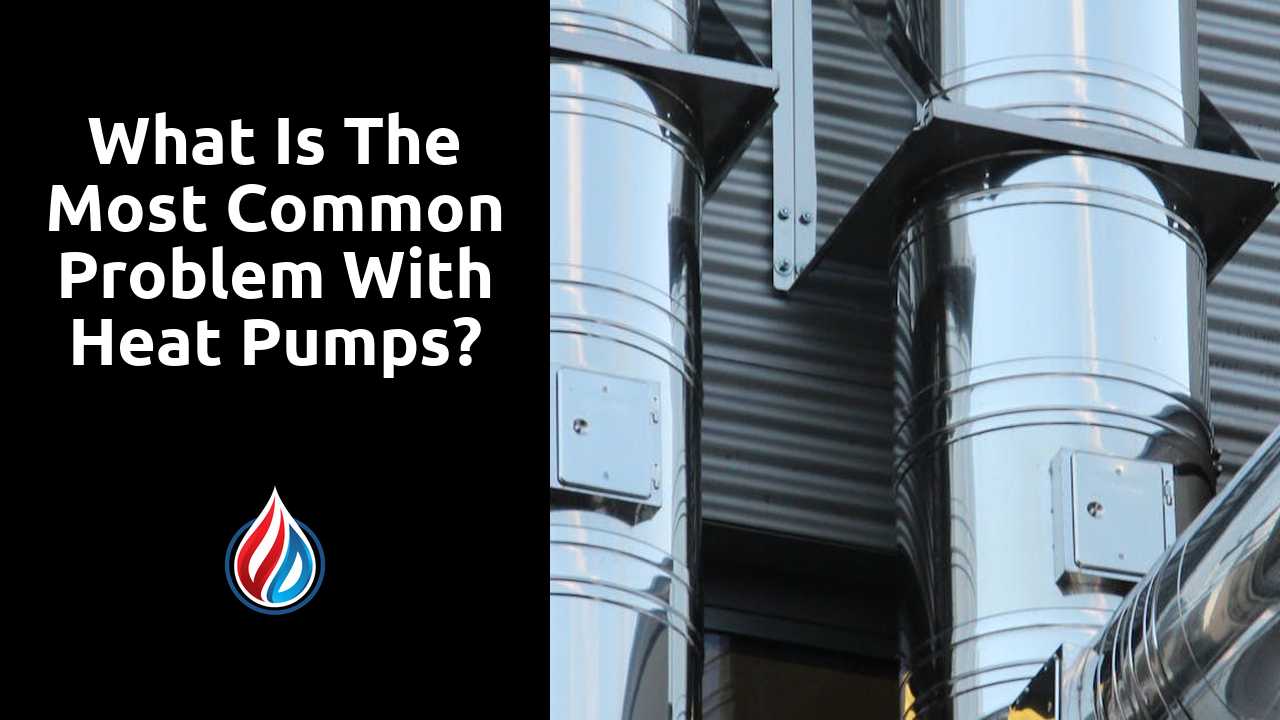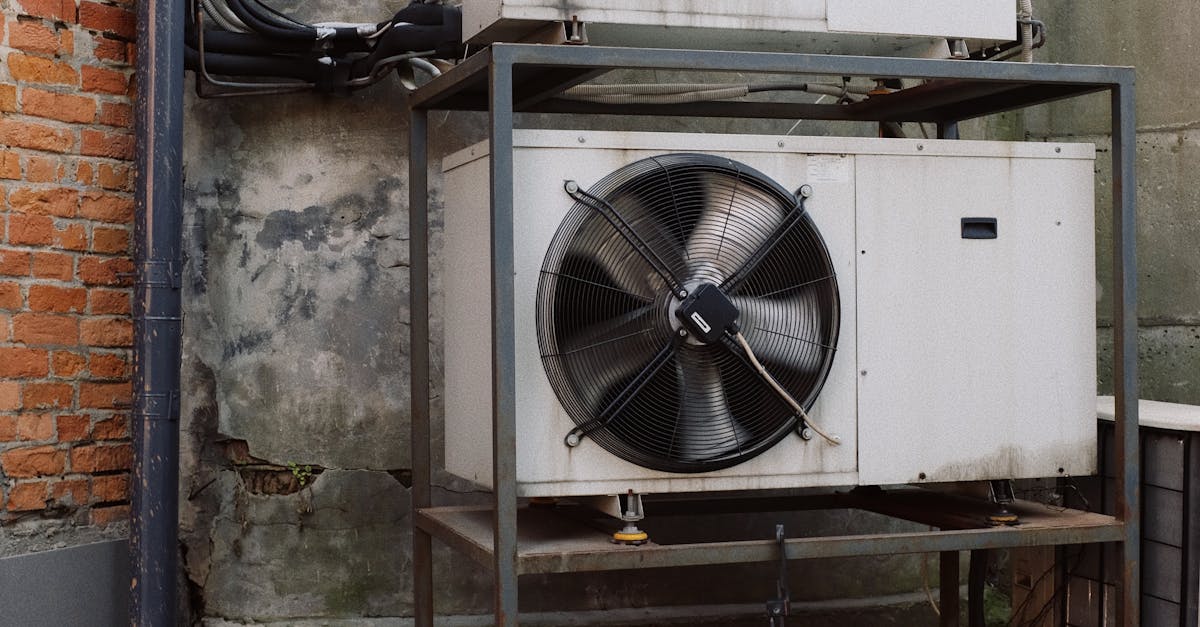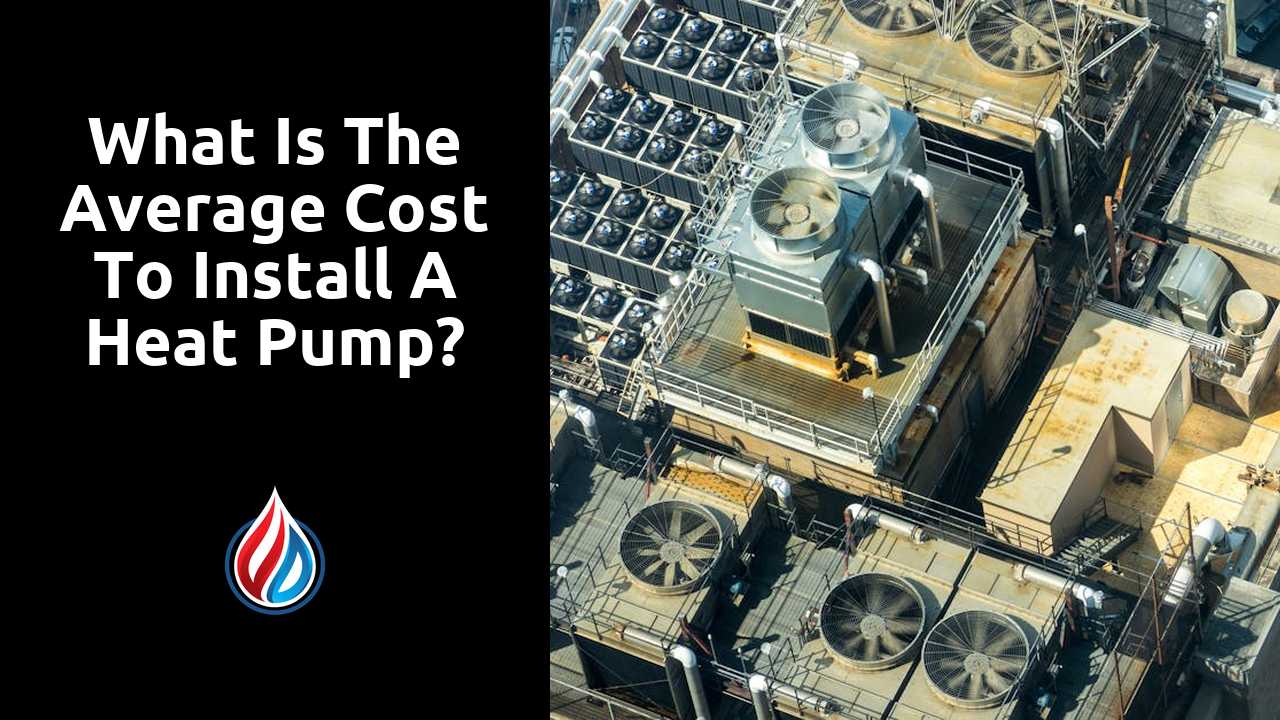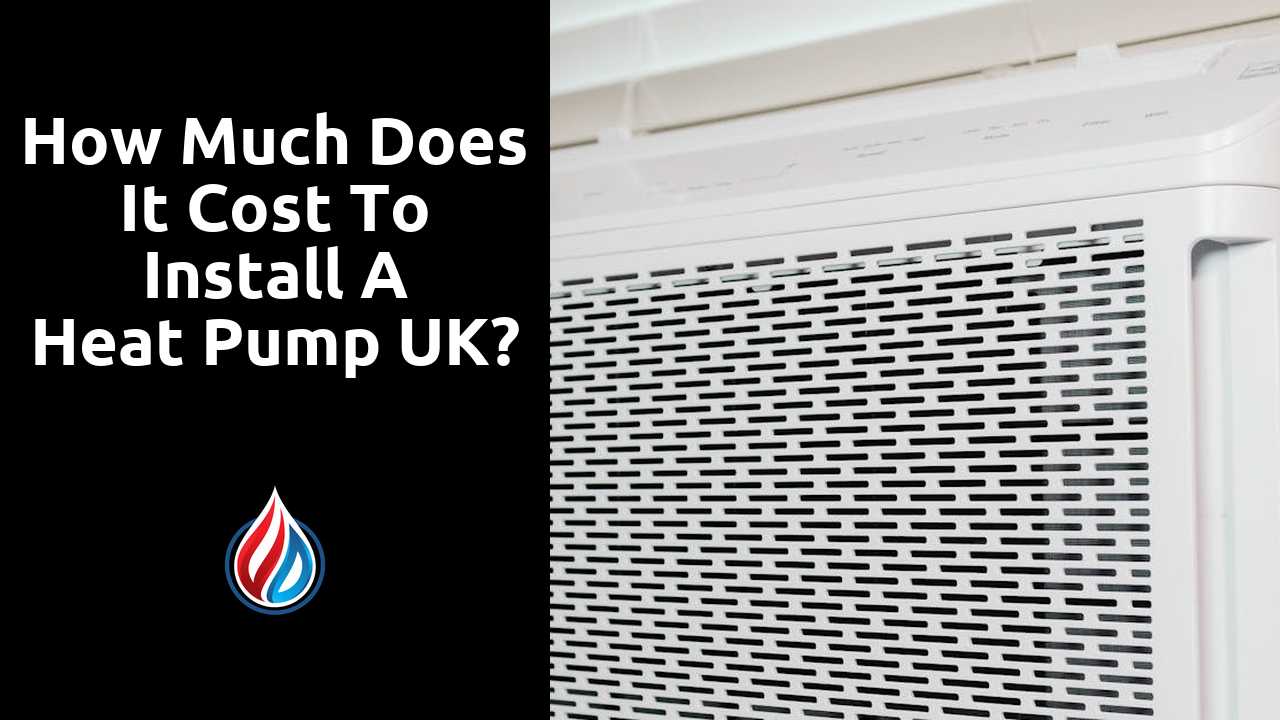
Table Of Contents
Electrical Component Failures
Electrical component failures are among the most prevalent issues faced by heat pumps. These failures can stem from various sources, including wear and tear over time, poor installation, or inadequate maintenance. Components such as capacitors, relays, and circuit boards are particularly vulnerable, and their malfunction can lead to reduced efficiency or complete system breakdowns. Regular inspections can help identify and address these issues before they escalate.
When experiencing electrical problems, timely intervention is crucial. Homeowners should consider engaging professionals for Heat Pump Installation and Repair to ensure that any replacements or repairs are performed correctly. This proactive approach not only extends the lifespan of the unit but also optimises its performance. Correctly functioning electrical components play a vital role in the overall effectiveness of the heat pump, making their maintenance an essential aspect of keeping a home comfortable.
Common Electrical Problems
Heat pumps rely on various electrical components to function efficiently. Issues such as blown fuses, tripped circuit breakers, and faulty wiring can significantly hamper performance. Over time, wear and tear on electrical connections can lead to reduced efficiency or even complete system failure. Regular maintenance can help identify potential problems early, ensuring that your heat pump operates smoothly.
Inadequate heat pump installation and repair can exacerbate electrical issues. Poorly executed installations may lead to misconfigured components, increasing the likelihood of electrical failures. It is crucial to engage trained professionals for both the installation and maintenance of heat pumps. This ensures that the electrical systems are properly set up and can help prevent ongoing issues that might arise from subpar work.
Thermostat Malfunctions
Thermostat malfunctions can significantly impact the efficiency of a heat pump system. When the thermostat is not accurately reading the temperature, it can lead to improper heating or cooling, causing discomfort in the home. Incorrect settings may also result in increased energy consumption, contributing to higher utility bills. Regular checks and recalibrations are essential to ensure that the thermostat is working correctly and maintaining the desired indoor climate.
Addressing thermostat issues is crucial during heat pump installation and repair. Professionals should assess the compatibility of the thermostat with the heat pump system to avoid future complications. Routine maintenance can help prevent malfunctions and ensure optimal performance. Homeowners are encouraged to consult with experts to identify and rectify thermostat-related problems, promoting efficient operation throughout the heating and cooling seasons.
Troubleshooting Thermostat Issues
When troubleshooting thermostat issues, begin by checking the thermostat settings. Ensure that the temperature is set higher than the current room temperature if heating is desired, or lower for cooling. Inspect the device for any signs of damage or malfunction. Battery-operated models may require new batteries to function properly. Make sure there are no obstructions that could prevent accurate temperature readings, such as curtains or furniture blocking the sensor.
If the thermostat remains unresponsive, consider resetting it or reprogramming any built-in schedules. Additionally, verify that the heat pump installation and repair were carried out according to manufacturer specifications. A professional assessment may be necessary if problems persist, as underlying electrical issues or wiring faults could be contributing to the malfunction. Regular maintenance checks can help identify potential issues before they escalate.
Drainage Problems
Drainage problems can significantly impact the efficiency of a heat pump. Water accumulation around the unit can lead to various issues, including corrosion and component damage. The condensate produced during the heating and cooling process must be adequately drained to prevent blockages or leaks. Regular maintenance of the drainage system helps ensure that the water flows freely away from the heat pump, safeguarding its longevity and performance.
Proper drainage is crucial during heat pump installation and repair. Any obstructions or improper piping can disrupt the system's operation, leading to unnecessary strain on the heat pump. Homeowners often overlook this aspect, but it plays a vital role in the overall functionality of the unit. Addressing drainage concerns promptly can mitigate larger issues and enhance the efficiency of the heat pump system.
Importance of Proper Drainage
Proper drainage is essential for the efficient functioning of heat pumps. A well-designed drainage system ensures that excess water is removed effectively, preventing accumulation that can lead to various issues. Blocked or improperly routed drainage can cause water to back up, resulting in damage to the heat pump and surrounding areas. This situation could lead to costly repairs and operational inefficiencies, highlighting the importance of regular maintenance and checks.
During heat pump installation and repair, attention must be given to the drainage setup. Contractors should ensure that the drainage pathways are clear and correctly installed to facilitate smooth water flow. Neglected drainage systems can lead to ice formation in colder months, compromising the heat pump's ability to operate effectively. Adopting a proactive approach to drainage problems can extend the lifespan of the unit and improve overall performance.
FAQS
What is the most common problem with heat pumps?
The most common problem with heat pumps involves electrical component failures, which can lead to a range of issues affecting the system's performance.
How can I identify electrical problems in my heat pump?
Signs of electrical problems may include unusual noises, frequent tripping of circuit breakers, or the heat pump not turning on at all. It's advisable to consult a professional if you encounter these issues.
What should I do if my thermostat is malfunctioning?
If your thermostat is not functioning correctly, try recalibrating it or replacing the batteries. If the problem persists, it may require professional inspection or replacement.
Why is proper drainage important for my heat pump?
Proper drainage is essential to prevent water accumulation around the unit, which can lead to damage, decreased efficiency, and even mould growth. Regular maintenance checks can help ensure effective drainage.
How often should I have my heat pump serviced?
It is recommended to service your heat pump at least once a year to ensure optimal performance and longevity. Regular checks can help catch potential problems early, including electrical and drainage issues.


